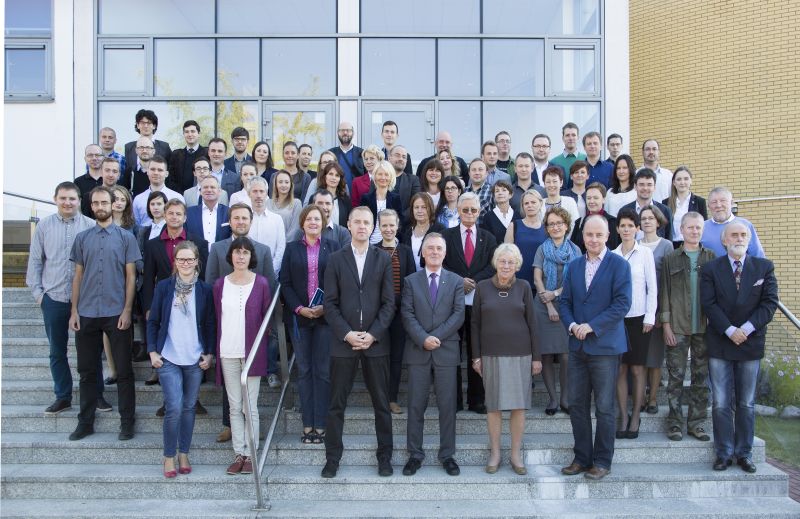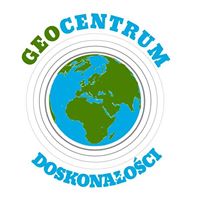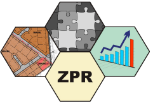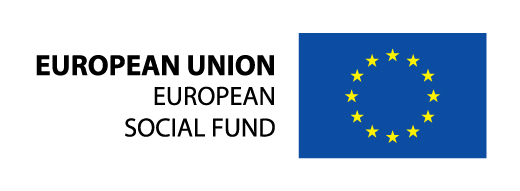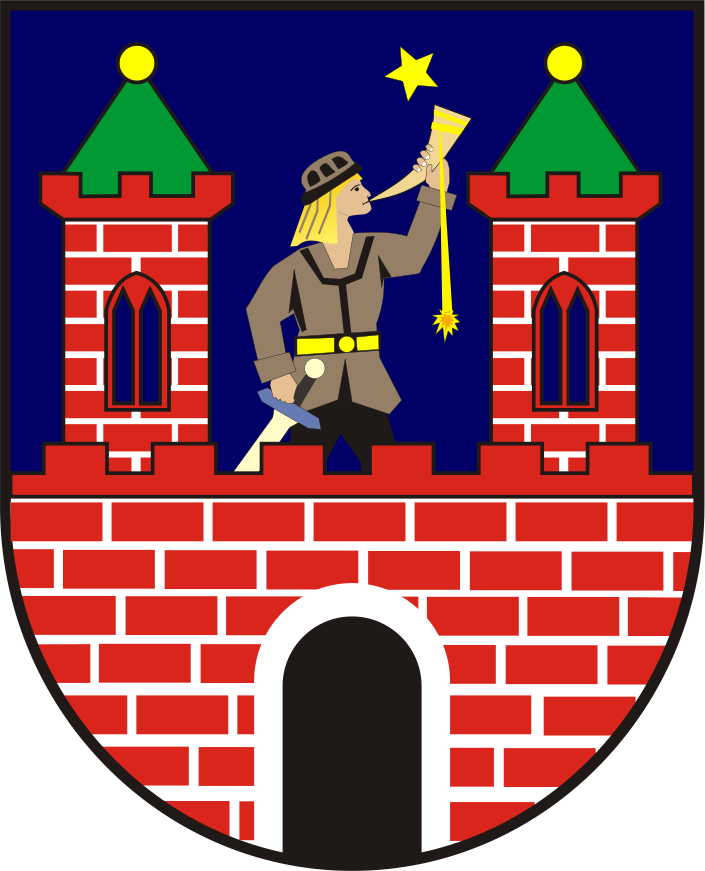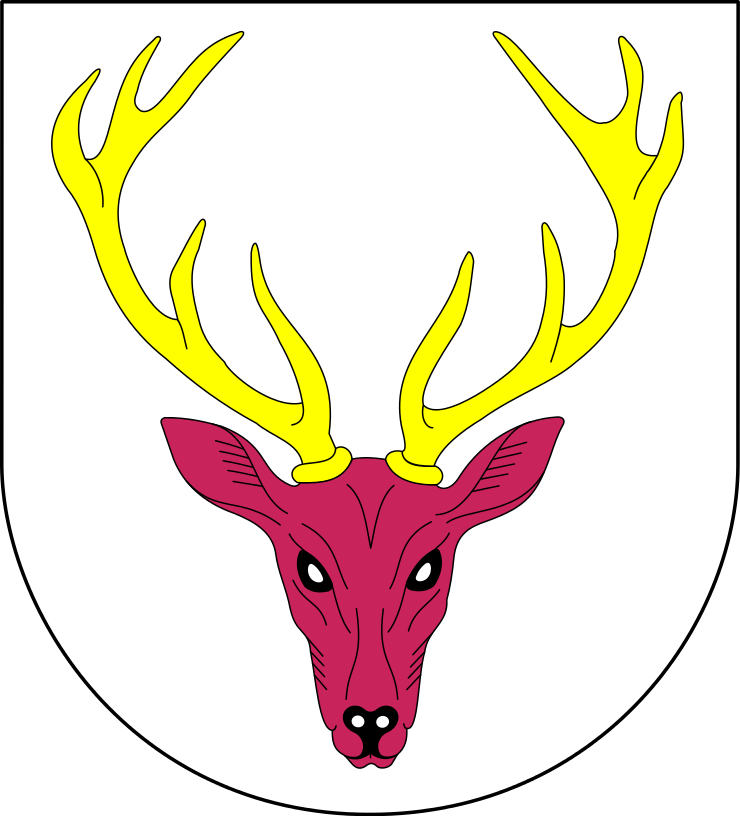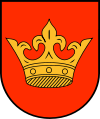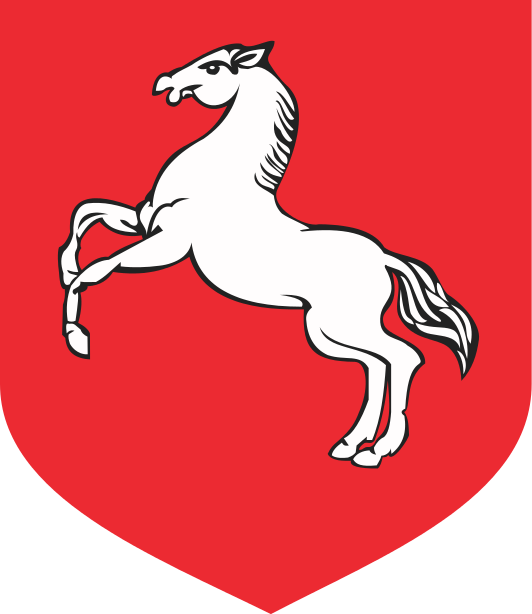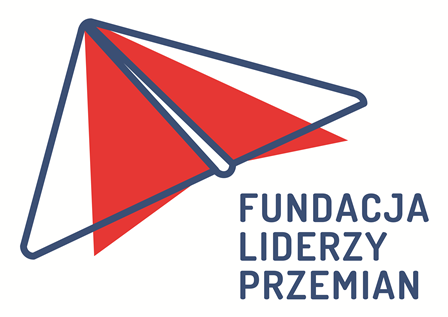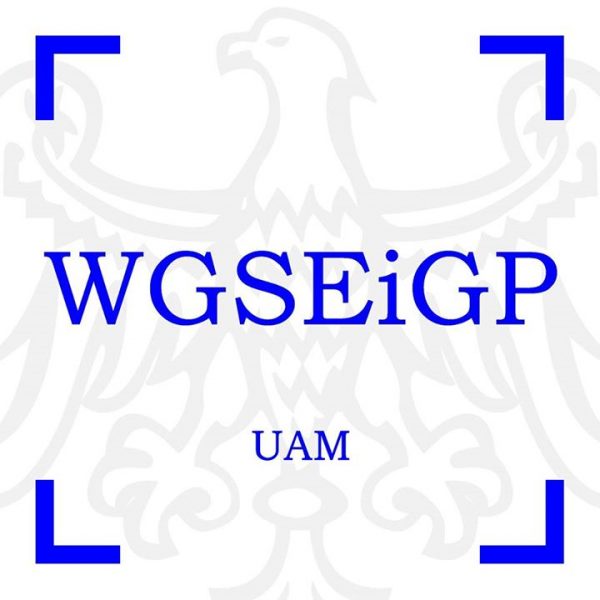
Socio-economic geography and spatial management was recognised as a separate scientific discipline in the classification of fields and disciplines of science adopted in 2018 (after the OECD classification) by the Ministry of Science and Higher Education. A formal acknowledgment of the autonomy of the discipline within the systemic changes in the area of science and higher education in Poland and also changes in the structure of Our University, as of 1 October 2019, led to the establishment of the Faculty of Socio-Economic Geography and Spatial Management as an organisational unit of the School of Social Sciences.
HISTORY
Despite being officially “young”, the discipline has been present in Our University since the very beginning. It was already in 1919 that the Institute of Geography (at the Faculty of Philosophy) functioned in its structure, whereas from 1924 the Seminar of Economic Geography operated (at the Faculty of Law and Economics). This peculiar bi-directionality of geography, expressed in the combination of environmental and social issues, has always been noticeable in the structure of the University of Poznań, and later in Adam Mickiewicz University.
The Faculty of Socio-Economic Geography and Spatial Management, as one of the successors of geographical units created in the first years of the functioning of AMU, continues the tradition of the Institute of Socio-Economic Geography and Spatial Management established in 1981 on the initiative of Professor Zbyszko Chojnicki. The separation of this unit was the crowning achievement of the multi-year development of the so-called Poznań school of economic geography, commonly associated with the creation of conceptual models and the application of quantitative methods in socio-economic geography.
TODAY
At present, the Faculty of Socio-Economic Geography and Spatial Management is one of the largest urban and regional research centres in East-Central Europe, which conducts studies covering almost the entire spectrum of issues related to socio-economic geography and spatial management. While continuing the previous research, the Faculty carries out studies on issues which are not only considered crucial at present but which can even determine the quality of human life in the future. They embrace, among others, ecosystem services, mobility of residents of metropolises, the changing role of rural areas, challenges of integrated strategic and spatial planning, socio-economic and spatial inequalities or broadly understood social participation in planning processes. A lot of these subjects are examined in the form of research projects of 2020 Horizon, the National Science Centre, the National Centre for Research and Development and others.
STAFF OF THE FACULTY OF SOCIO-ECONOMIC GEOGRAPHY AND SPATIAL MANAGEMENT
SCIENTIFIC POSITION AND ACTIVITY
The scientific position of the Faculty in the country is measured by the successes of its employees. Currently, the staff of the Faculty of Socio-Economic Geography and Spatial Management are part of the Council of Scientific Excellence, the Central Commission for Academic Degrees and Titles as well as the committees of the Polish Academy of Sciences (Committee of Geographical Sciences and Committee for Spatial Economy and Regional Planning) and others. They are also regularly invited to various expert bodies at local, regional and national levels. Over the last years the employees and PhD students of the Faculty has won numerous nationwide awards and scholarship competitions from, e.g. the Foundation for Polish Science, the Prime Minister, the Minister of Science and Higher Education and the Minister of Investment and Economic Development.
The scientific activity of the Faculty translates into its dynamic presence on the international forum. The staff of the Faculty of Socio-Economic Geography and Spatial Management are members of, e.g. the councils and teams of the International Geographical Union (IGU), the Association of European Schools of Planning (AESOP), Regional Studies Association (RSA), European Regional Science Association (ERSA), the Network of Institutes of Spatial Research and Planning in Central and Eastern Europe (spa-ce.net).
The research staff and students also participate in the ERASMUS+ international exchange programme.
The Institute takes part in many research projects, which are financed both by domestic and foreign funds, e.g.:
- FilmInd – The Indian film industry as a driver of new socio-economic connections between India and Europe (EU-India Platform for Social Sciences and Humanities),
- RE-CITY: Reviving shrinking cities – innovative paths and perspectives towards livability for shrinking cities in Europe (in the framework of the EU Horizon 2020 programme),
- TeRRIFICA: Territorial RRI Fostering Innovative Climate Action (in the framework of the EU Horizon 2020 programme),
- RURACTION – Social entrepreneurship in structurally weak rural regions: Analysing innovative troubleshooters in action (in the framework of the EU Horizon 2020 programme)
- SIESTA – Spatial Indicators for a “Europe 2020 Strategy” Territorial Analysis (in the framework of the ESPON programme),
- CIRES – Cities Regrowing Smaller (in the framework of the COST programme),
- CREA.RE – Creative Regions (in cooperation with the Poznań City Office)
- EBEH – Visitors in the Structure of a City – a City Faced with Visitors (funded by the National Science Centre), and
- FORSED – New regional policy challenges in determining factors of the socio-economic development of less advanced regions (funded by the National Science Centre).
DIDACTICS
Didactic activity is as important as scientific work. The Faculty offers two courses of studies. The first, created in Poland on the initiative of Adam Mickiewicz University and Wrocław University of Science and Technology and functioning since 1991, is spatial management. Nearly 700 students are educated at the engineering and bachelor’s studies of the first degree and also master’s studies of the second degree (lasting three or four semesters) in full-time and part-time modes. The second course, innovative and currently the only one in Poland operating since 2018, is Integrated Development Planning. Activated with the help of grants co-funded from the European Cohesion Fund, it has currently over 60 students. A very important element of the Faculty’s didactic activity is the course in geography, run in cooperation with the Faculty of Geographical and Geological Sciences, including socio-economic geography (master’s studies) and socio-economic geoanalysis (bachelor’s studies). The Faculty’s didactic offer is complemented by post-graduate studies: Culture industries in urban and regional development policy. The courses, run in the form of lectures, laboratories, field exercises and professional training, make it possible to acquire knowledge, skills and competences allowing students to open their own business activity and find jobs in public administration related primarily to strategic and spatial planning as well as revitalisation. Students pursue their research passions in the Academic Scientific Association at Spatial Management and the Stanisław Pawłowski Association of Geographers.
The establishment of the Faculty of Socio-Economic Geography and Spatial Management is an important point in the development of the Poznań Geographical Centre. This is so because it facilitates the creation of not only interdisciplinary, but also cross-domain forms of cooperation on the scientific and didactic forum. Within Collegium Geographicum AMU, we should jointly use these new opportunities for both individual and mutual development, strengthening the position of Poznań Geography and continuing the works of our Masters.
In accordance with the decisions of the Rector of Adam Mickiewicz University, Professor Andrzej Lesicki, in the first, transitional academic year, the new Faculty will be managed by the board composed of:
- dr hab. Paweł Churski, prof. UAM – dean of the Faculty
- dr hab. Artur Bajerski, prof. UAM – deputy dean of the Faculty
- dr Paweł Motek – deputy dean of the Faculty for education
Monika Herodowicz will coordinate the works of the Faculty Service Centre.


